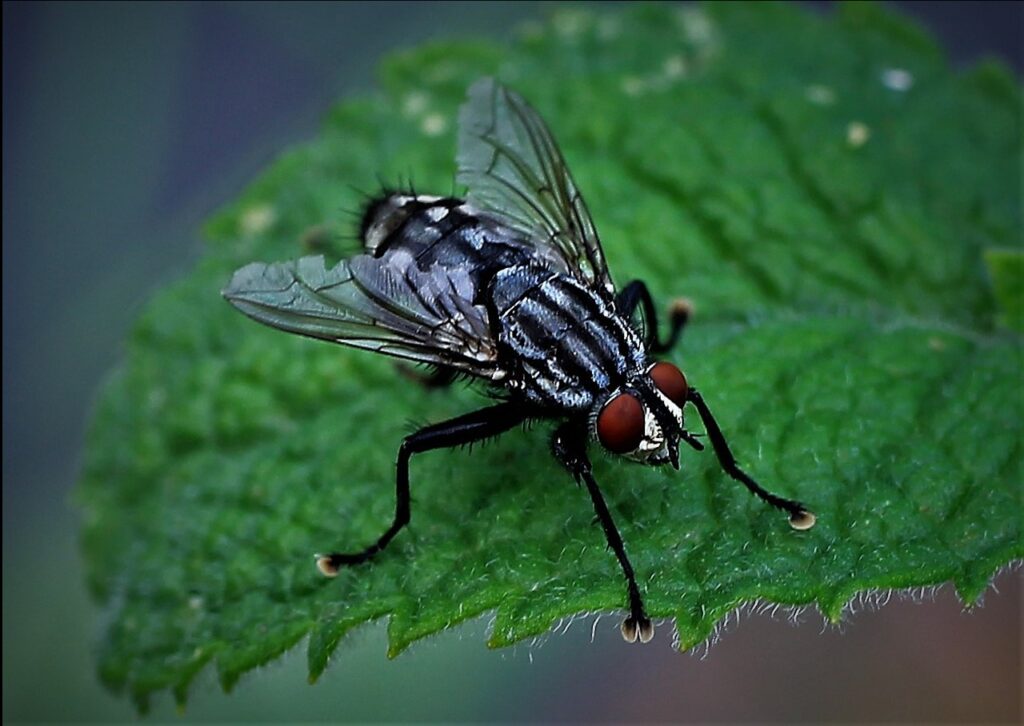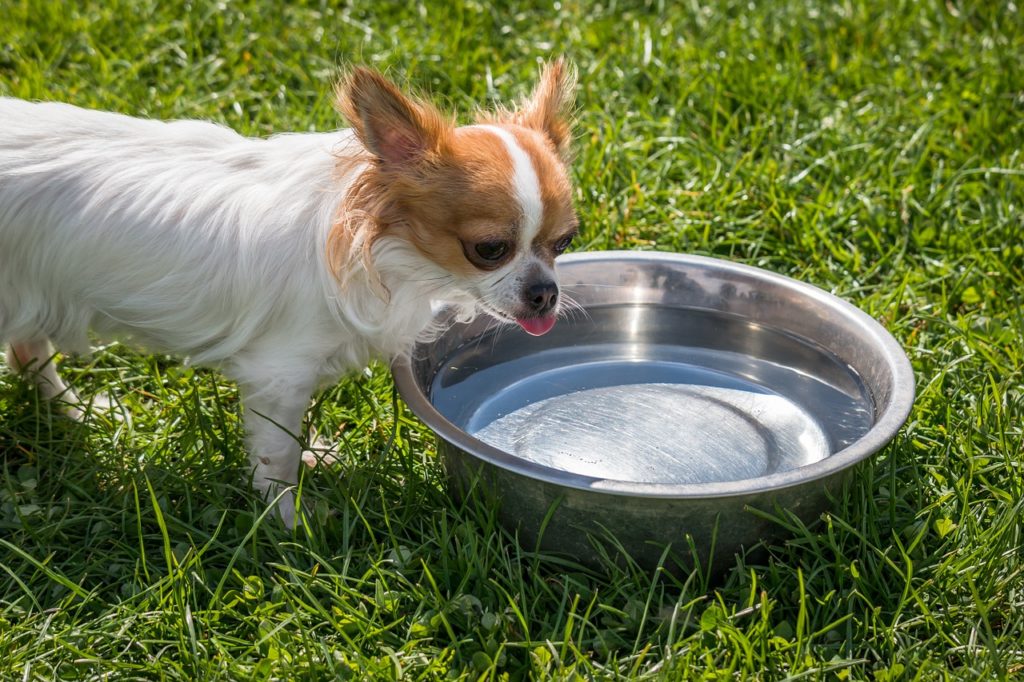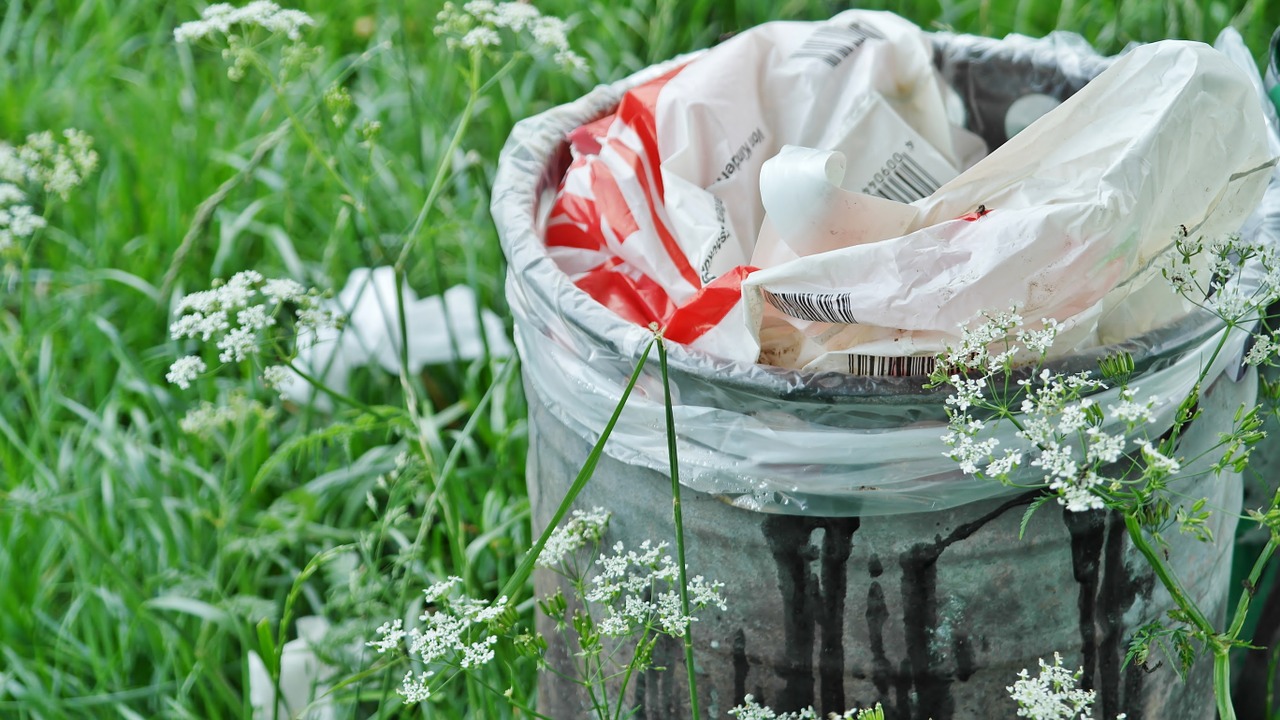Seeing a fly or two buzzing outside your home is not a big deal, but if you see a lot of them in your garden, on your lawn, or in your yard, you may have a fly infestation.
Flies are not the first pests to spring to mind, when we think about harmful insects, but flies can be just as dangerous as cockroaches and rats. They spread diseases such as cholera, E. coli, and salmonellosis. Get rid of the fly infestation outside your home with these tips.
1. Observe their activity outside your home
The first thing you need to do is to know your enemy and why they are there. If you know what they are and why they are on your property, you will be able to use more effective pest control methods. You won’t be blindly using methods and expect positive results.
- Watch where the flies are buzzing and resting. Look for the areas outside your home where there is a lot of fly activity. Know where they are buzzing around, and if possible, try to find out where they nest too. You can typically see fly nests on composts, garbage bins, sewage areas, and other dirty places.
- Determine the things that attract them near your home. Flies are attracted to anything they can eat. They are attracted to animal feces, debris in your drains, leftovers in your garbage bins, and basically anything organic, especially if it’s starting to ferment or rot. If you are suffering from a fly infestation outside your home, you are not just unlucky. You are just asking for it if you are leaving these organic materials outside.
2. Prevent them from getting inside your home
A fly infestation outside your home is bad enough. You don’t want them to spread further into your home. Thankfully, there are things you can do to protect your home from outdoor flies.
- Keep your doors and windows closed. This may seem like an obvious tip, but you will be surprised by the number of people who leave their doors and windows open. This makes them vulnerable not just to flies, but also to other pests that are known to go through these passageways, such as ants and rats.
- Store food and water properly. You can attract flies inside your home if you leave food and water unattended. Put all food and water items in their proper containers. After eating or drinking, make sure to clean up immediately instead of leaving leftovers in the sink. Be mindful of food crumbs and water spills on the countertop, floor, and table too.

3. Coordinate with the right people
Chances are, you are not the only homeowner who is going to be affected by the fly infestation outside. Flies don’t discriminate. They will invade all the other homes in the area, especially if their doors and windows are open and they have food and water available.
- Talk to the neighbors or the municipal health department. Once you have seen where the flies are nesting, talk to your neighbors nearest to the area and ask for their help, especially if the nesting area is not directly on your property. It is a community problem at that point. You can also ask your local health department for help. Seriously consider this if you think the fly infestation is too severe for you to handle on your own.
- Get help from pest control services. If you have a pest problem, you can never go wrong with asking for the help of pest control services. These people are professionals and they know the ins and outs of all kinds of pests, including flies. They may use pesticides or other similar harmful substances to get rid of the flies outside your home. But if you think this kind of method is a little harsh, try to ask them if they know any methods that can get rid of the flies without killing them.
4. Clean your immediate vicinity
Clean your surroundings. A clean environment will not just get rid of pests. It will also prevent pests from coming near your home. Remember that pests go near your home for food, water, and shelter. If these things are easily accessible outside your home, don’t be surprised if you start seeing pests such as flies.
- Make your garden, lawn, and yard pest-proof. Do you have fruits and vegetables in your garden? Gather those that are ready to be picked up and discard the rotten ones. Do you have bushes and trees on your lawn? Keep the greens short and tidy. Do you have personal items and useless debris in your yard, such as kiddie pools and old tires? Keep the personal items and throw away the useless debris. Fruits, vegetables, greens, stagnant water, and debris attract all kinds of pests.
- Be mindful of your pets and compost piles. The outside of your home doesn’t need to be absolutely filthy to attract flies. All it needs is the proper attractors, such as your pet’s feces and compost piles. Pay attention to your pets. Clean their feces immediately to avoid attracting flies. Be smart with your compost piles. If possible, put them in containers with lids to make them inaccessible to flies.

5. Get rid of the flies
Get rid of the flies troubling your home’s vicinity with fly traps and fly-repelling plants. You can buy fly traps in garden supplies and pest control shops, but the traps you can buy in these places may be too harmful to the flies than you would like. You can make DIY fly traps.
- Make DIY fly traps. Cut a soda bottle one-third of the way. Invert the one-third part you have cut and place it on the two-third remaining part of the bottle to create a funnel. Put an overripe fruit inside of it and wait for the flies to get attracted to the bottle. Once there are enough flies inside the trap, you can release them. But make sure to release them far away from your home to prevent re-infestation.
- Plant fly-repelling greens. Get rid of flies naturally by planting greens that have fly-repelling properties, such as basil, elderberry, lavender, and mint. Flies simply don’t like the smell of these plants. Remember that repellents are only great for small infestations and for preventing pests. They are not very effective against more severe infestations.

